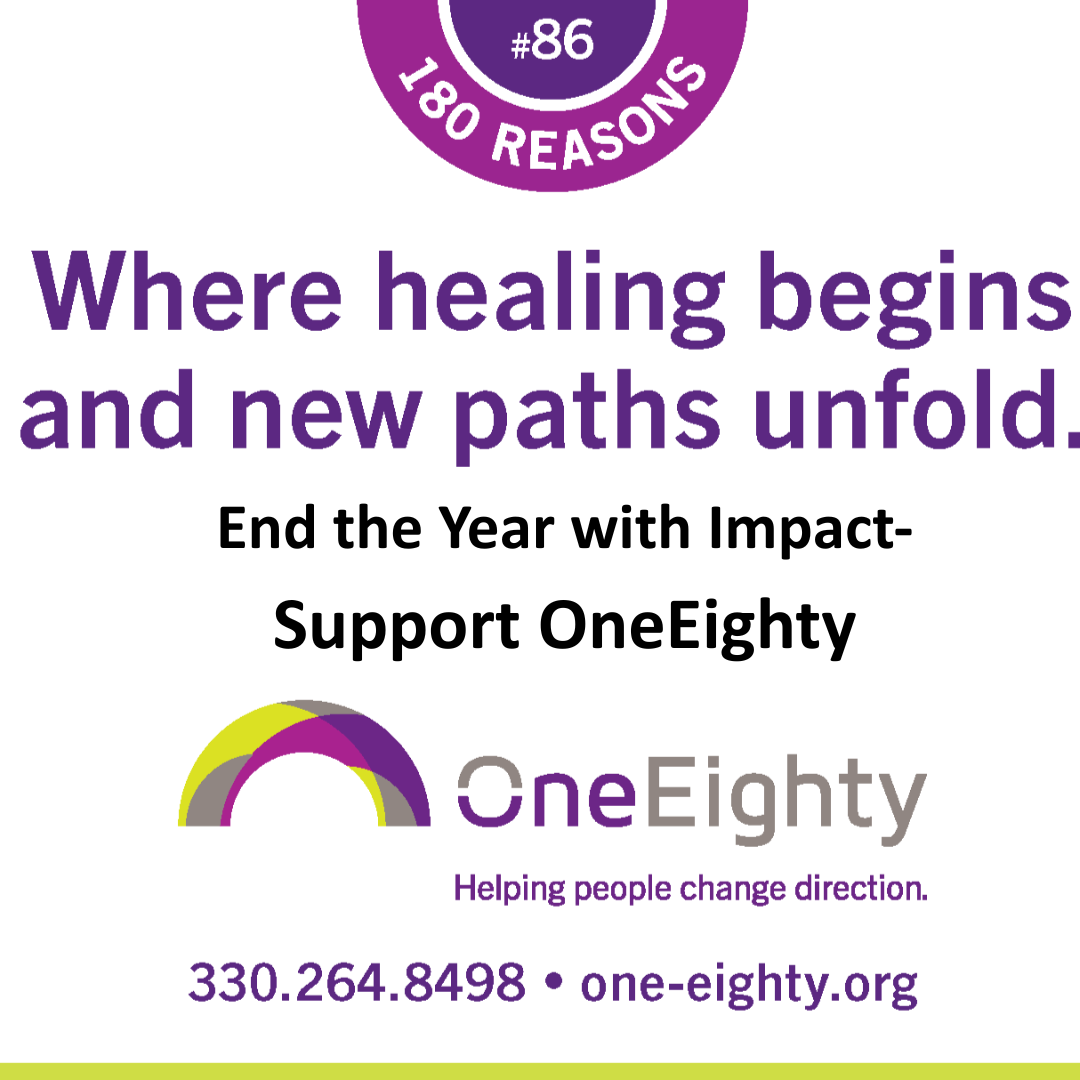Raising Awareness of Alcohol Abuse

While the potential harm caused by alcohol abuse is well-documented, there is no denying that alcoholism continues to destroy lives in our own community and across the country. Because this is such a prevalent issue, we feel that it is best to review some key facts regarding alcohol misuse.
Identifying Alcoholism
Alcoholism is a chronic disease that occurs as a result of genetic and environmental factors. It harms decision making and results in impulsive behavior, making it extremely difficult for an individual to stop using alcohol. A person is typically determined to have developed an addiction when their alcohol consumption causes them to fail to meet their basic responsibilities at home, school, or work.
Alcoholism often occurs as someone develops a rising tolerance to alcohol, drinks to relieve stress, or drinks in secret. As alcohol abuse worsens, drinking becomes the individual’s biggest priority in life, and they will neglect other responsibilities to drink. Appetite changes, insomnia, depression, gastrointestinal problems, and memory loss are also common side effects.
The Effects of Binge Drinking
Binge drinking — or consuming excessive amounts of alcohol in a short period — is commonly associated with college students but can be a serious problem at any age. As your blood alcohol content rises, your heart rate and breathing rate drop. You could even lose consciousness. People have entered comas or died after choking on their vomit as a result of binge drinking.
Even if you don’t experience a medical emergency, the long-term effects of binge drinking are also quite dire. Excessive alcohol consumption has been linked to liver disease, stroke, chronic pancreatitis, and brain disorders. It can even contribute to cancer.
While alcohol abuse can have serious consequences, it can be overcome. Here at OneEighty, we are committed to helping community members overcome addiction so they can get back on their feet and take control of their lives. If you or someone you know needs help with alcohol abuse please call 330.264.8498.
OneEighty Resources
For those encountering a substance use crisis, please call OneEighty’s Substance Use Crisis hotline, available 24 hours per day, 365 days per year, at 330-466-0678. For other resources, click the links below:

